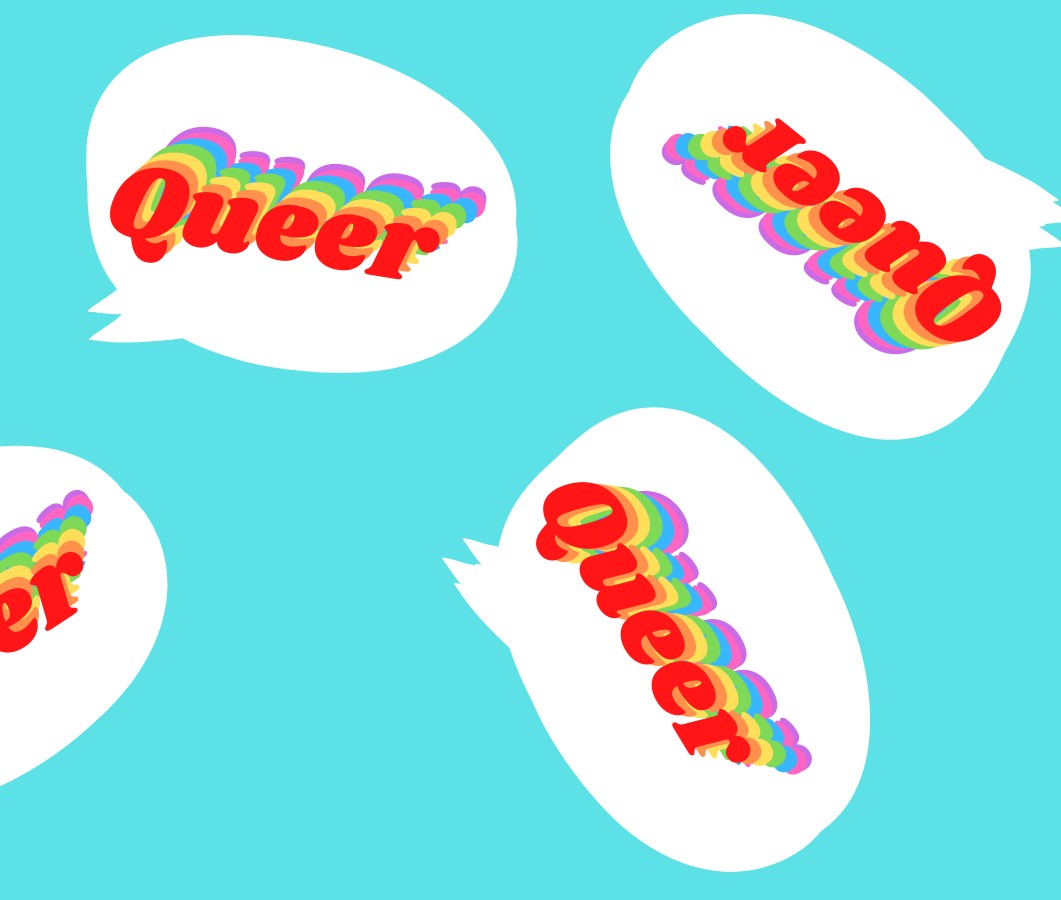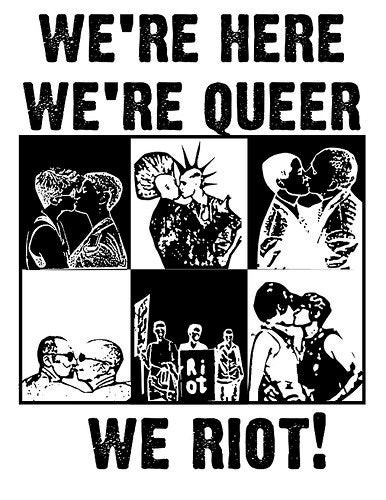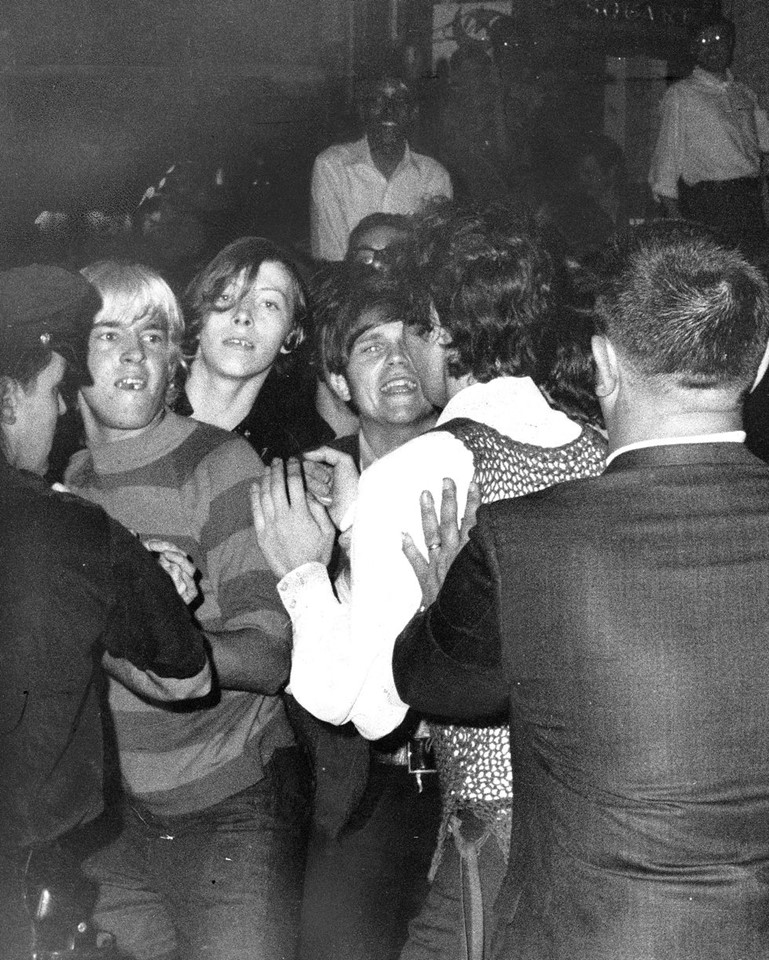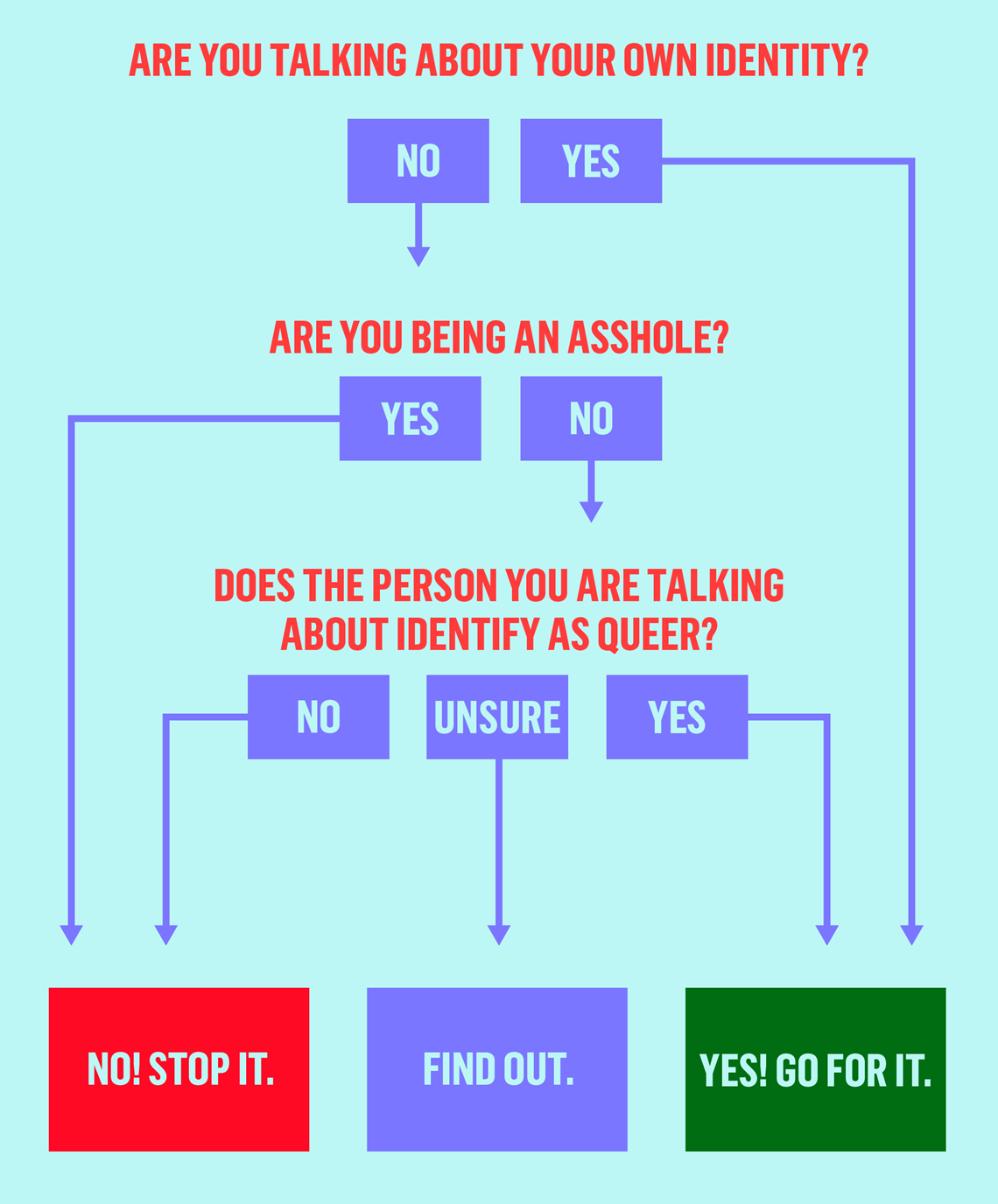Can I Say 'Queer'?
You've heard it used and seen it in people's Instagram bios, but can you say it?
Let's talk about it!
Origins
Let’s start with the historical context, as this might clarify some things.
'Queer' is not a new word and, like most words, it’s had a long and evolving journey.
It’s thought 'queer' was first used in Scottish vernacular in the 16th century as part of poetic insult “battles” to accuse the recipient of perversion. Not a great start. Historians also think 'queer' was first used as a homophobic slur in the 1890s, by none other than the guy who ended up getting Oscar Wilde put in prison… also not great. The word then gained popularity as a synonym for weird, other or crooked around the 1920s… let’s move on, shall we?

Reclamation
Jump to the Stonewall Riots era and we start seeing reclamation as a part of pushing back against violent and systemic oppression. With some queer folks taking up the title as an act of defiance, as a way to stand up and be counted - exchanging its checkered and hurtful connotations for one of, well, pride!
This reclaimed and empowering form of the word 'queer' also became a huge part of the discourse and self-identification during the HIV/AIDS activism in the 80s and 90s. Many resources, banners and groups featured the word courageously.
Learn more about the history of Stonewall
The Birth of Pride

Photo on right
Stonewall Inn nightclub raid, June 28, 1969. Crowds attempt to impede police arrests outside the Stonewall Inn on Christopher Street in Greenwich Village.
Photo on right
Stonewall Inn nightclub raid, June 28, 1969. Crowds attempt to impede police arrests outside the Stonewall Inn on Christopher Street in Greenwich Village.
Fast forward to now and we see 'queer' proudly used as a way for people to describe their own sexualities and genders in a broader way that doesn’t want, need or have a specific label.
People have taken a word that was hurled as abuse and now use it to free themselves from cisgender heteronormativity and sub-categorical labelling that tries to drill people down to a specific thing and define them by it.
So, can I say it?
It comes down to circumstances & context! See below for a handy guide.

If your intention is to use it as a weapon or slur, please don’t. Usually, the word “a” is a good indication of someone’s intention. “He’s queer”, can be received a lot differently to “he’s a queer” - there’s an implied othering and categorisation that feels yucky.
An important thing to remember is not everyone feels so positively about the word. For some, it triggers memories of homophobic abuse and is just too hard to hear. For some it can have all the sting of some tough times, in the same way that hearing the word "f*gg*t" can make some people uncomfortable, even if it’s used with positive intent.
For example, dropping 'queer' into a convo with an older gay guy who doesn’t identify with that word could be really triggering for them. Words can be charged with different feelings for different people.
These situations are where context comes into the conversation. If in doubt - maybe just ask what words people like to identify with before blurting it out.
It all comes down to the old line, think before you speak. Think of the people on the other end of your words.


